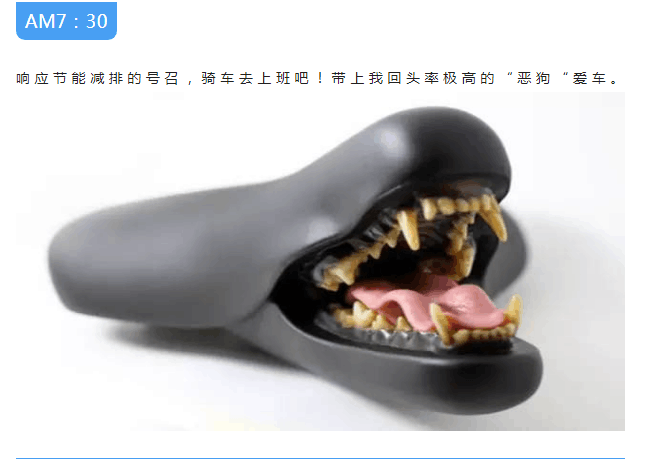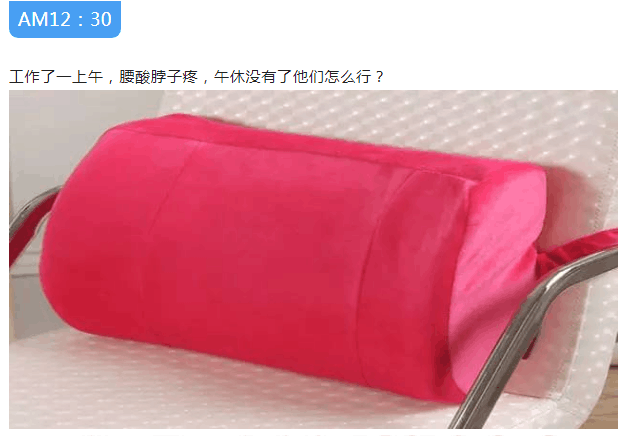




Polyurethane soft foam
Flexible Polyurethane Foam (referred to as soft polyurethane foam) refers to a type of flexible polyurethane foam with a certain elasticity. It is the most commonly used polyurethane product. The main products include high resilience foam (HRF), block sponge, slow rebound foam, self-skinning foam (ISF), and semi-rigid energy-absorbing foam. The cell structure of polyurethane soft foam is mostly open-celled. It generally has low density, good elastic recovery, sound absorption, breathability, heat preservation and other properties. It is mainly used as furniture cushioning material, vehicle seat cushioning material, and various soft cushion laminated composite materials. Soft foam is also used in industry and civilian applications as filter materials, sound insulation materials, shock-proof materials, decorative materials, packaging materials and heat insulation materials.
What is the main formula of polyurethane soft foam?
(1) Polyisocyanates (such as TDI, MDI, PAPI, etc.)—main raw materials;
(2) Polyether, polyester or other polyols—the main raw materials;
(3) Amine or organotin catalysts accelerate gas generation and gelation reactions one by one;
(4) Foam stabilizer—stabilizes foam and controls cell size;
(5) Chain extenders improve the mechanical properties of products one by one, such as elasticity;
(6) The physical foaming agents are vaporized one by one and serve as a source of bubbles. At the same time, they absorb the heat of reaction to prevent the foam from “scorching”,
(7) Water is a chain extender and produces CO2 gas at the same time;
(8) Flame retardants give materials flame retardancy one by one;
(9) Pigments provide various colors one by one;
(10) Release agent.
The role of polyurethane foam stabilizer
Silicone foam stabilizer is an indispensable key component in the formula of flexible polyurethane foam. Its function is to enable various reactions during the foaming process to proceed smoothly, and to support the foam itself to avoid collapse and pores. Undesirable phenomena such as thickening and foam cracking may occur. A practical silicone foaming agent is Si-C type polysiloxane 2-polyether copolymer. Its structural formula is as follows: Picture
In the formula, R is H or C1-10 alkyl group, and the preferred R is C4 alkyl group, which is the most ideal as a foaming agent. In its composition and structure, the factors that significantly affect the foaming effect are the values of m, n, a, and b in the formula. At the same time, the type of copolyether also directly affects the performance of the foam stabilizer.
DOW CORNING® OFX-5950 Silicone Fluid – Silicone surfactant for the production of bulk flexible polyurethane foam
Typical features:
Good performance in flame retardant formulations
Wide process tolerance
Classic�Physical Properties: Pictures
Performance description:
DOW CORNING® OFX-5950 silicone oil is a non-hydrolyzable (hydrolysis stable) silicone polyether surfactant. It is recommended to use DOW CORNING OFX-5950 silicone oil to prepare large flame-retardant flexible polyurethane foams. When preparing these foams, use 1 part to 4 parts DOW CORNING OFX-5950 Silicone Fluid per 100 parts polyol. The optimal surfactant dosage is determined by the specific foaming formulation.